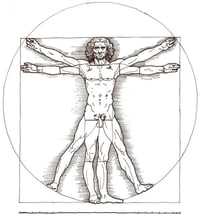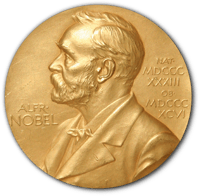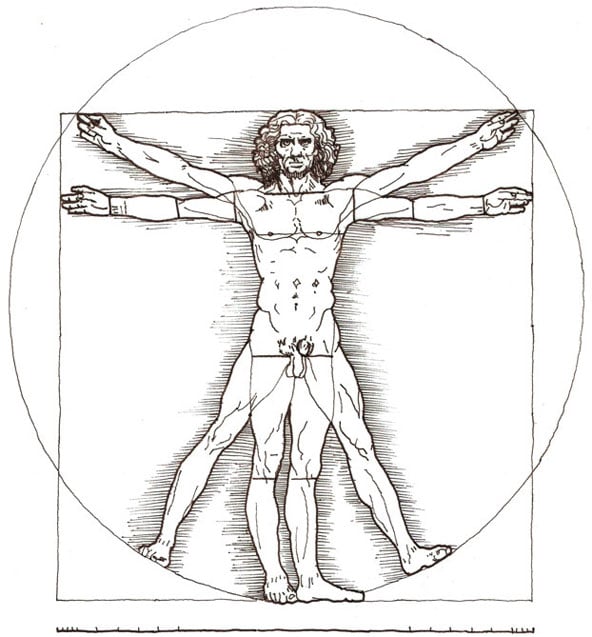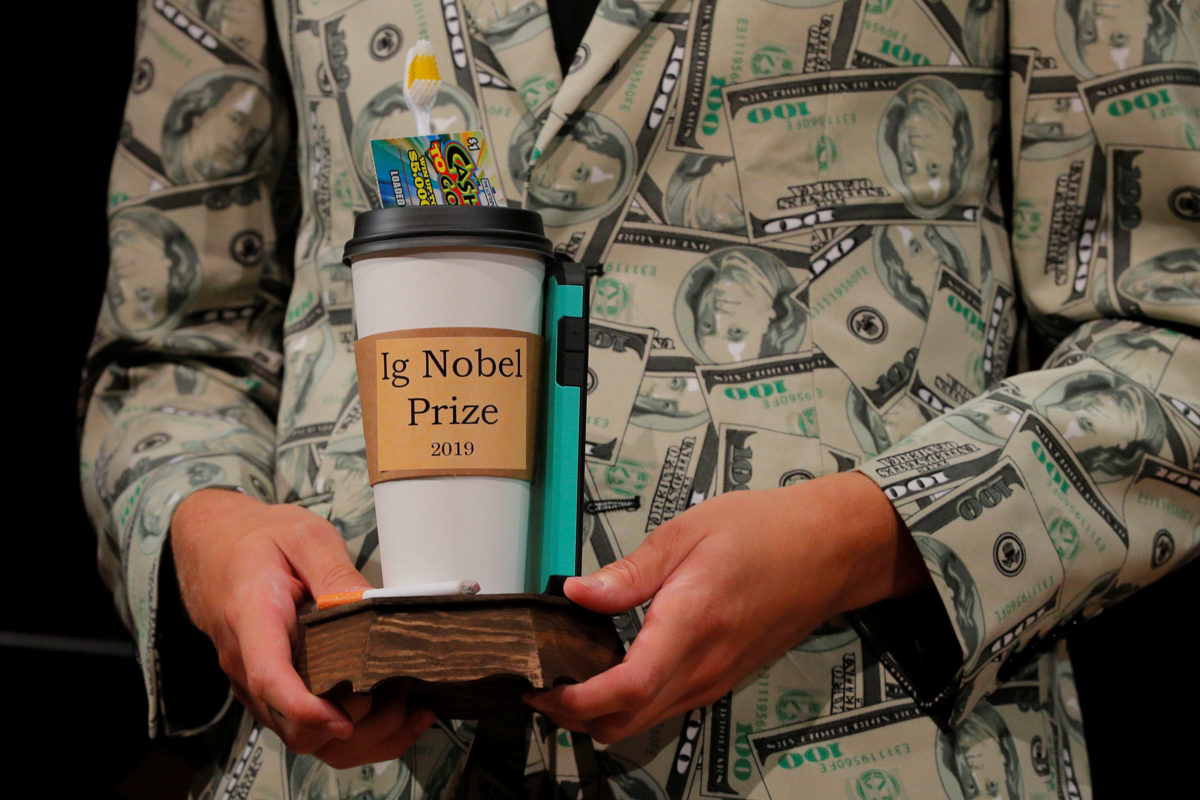 As we try to come back to some level of normalcy after a couple of long, stressful years of pandemic, science has been continuing to chug along to improve the human condition. In celebration of this, we had silly achievements that made us laugh, then think, in the form of the Ig Nobel prizes, and this week, the cream of the crop was recognized with the three science Nobel Prizes. We wanted to highlight the Physiology and Medicine prize separately since ABclonal is a bioscience reagents company, but as we said before, every field of science is important to the pursuit of not just biological advancement, but the betterment of all humanity. So while you can also read about the achievements of the Medicine winner, Dr. Svante Pääbo, in the previous entry, here are the science prize winners in all the glory we can give them in this blog space!
As we try to come back to some level of normalcy after a couple of long, stressful years of pandemic, science has been continuing to chug along to improve the human condition. In celebration of this, we had silly achievements that made us laugh, then think, in the form of the Ig Nobel prizes, and this week, the cream of the crop was recognized with the three science Nobel Prizes. We wanted to highlight the Physiology and Medicine prize separately since ABclonal is a bioscience reagents company, but as we said before, every field of science is important to the pursuit of not just biological advancement, but the betterment of all humanity. So while you can also read about the achievements of the Medicine winner, Dr. Svante Pääbo, in the previous entry, here are the science prize winners in all the glory we can give them in this blog space!
The 2022 Nobel Prize in Physiology or Medicine
While there is no Ig in this Nobel Prize winner's medal, that didn't prevent him and his colleagues, students, and other friends and loved ones from having a bit of fun! Read about Dr. Pääbo's award and achievement here after you watch him get tossed in a pond!
In case anyone needs to see a @NobelPrize winner get tossed into a pond :)
— Benjamin Vernot (@melanoidin) October 3, 2022
Congratulations, Svante! pic.twitter.com/C6jnHO8nCr
The 2022 Nobel Prize in Physics
I must admit that I am not very familiar with the high level physics practiced by this year's Nobel Prize winners, but for those of us who are huge fans of science fiction and fun television and movies, the word "quantum" evokes a feeling of wonder and mystique. In recent years, we have seen the rise of quantum computing and even the "teleportation" of information through space, perhaps a precursor to the teleportation technology popularized by Star Trek.
BREAKING NEWS:
— The Nobel Prize (@NobelPrize) October 4, 2022
The Royal Swedish Academy of Sciences has decided to award the 2022 #NobelPrize in Physics to Alain Aspect, John F. Clauser and Anton Zeilinger. pic.twitter.com/RI4CJv6JhZ
This year's Physics Nobel laureates, Alain Aspect, John Clauser, and Anton Zeilinger, hail from different nations but all worked on quantum entanglement, in which the properties of one particle can determine the measurement of equivalent properties on another particle if those particles are entangled. The breakthroughs and advancements performed by these scientists and others are responsible for the current explosion in quantum-based informational systems and encryption. You can read more from the official Nobel press release, some layperson's terms and extra advanced information if you know more about this quantum stuff than I do and you're interested!
The 2022 Nobel Prize in Chemistry
This happened a couple times with my former professors, first with Randy Schekman for his work on the Golgi, then with Jim Allison and his work on CTLA-4. Imagine waking up to find out that your former organic chemistry professor won a Nobel Prize!
Just in!
— The Nobel Prize (@NobelPrize) October 5, 2022
First selfie from our 2022 #NobelPrize laureate in chemistry @CarolynBertozzi. Congratulations! pic.twitter.com/kuremcRIaN
Per the Nobel Prize press release, this year's Chemistry prize was awarded to Carolyn Bertozzi, a brilliant scientist and superb teacher who made organic chemistry exciting and accessible in the classroom and in the laboratory with her bioorthogonal chemistry techniques. I recall she gave a very exciting seminar in which she used the bioorthogonal method to label carbohydrates with fluorescent markers in organisms to produce beautiful images, and the chemistry was actually surprisingly easy, using an azide on one molecule and an alkyne on the other to join the two. Together with Morten Meldal and Barry Sharpless (who had previously won a Nobel Prize at the turn of the millenium), the click chemistry is now very commonplace to allow both researchers and industry to use the technique in the exploration of cells as well as the production of biological reagents and pharmaceuticals. Finding a way to use a ringed structure to avoid toxic catalysts improved the chemistry's utility in living cells. As is often the case, new reactions like the eponymous Grignard reagents are often rewarded by the Nobel Prize, and this one is certainly deserving. More information on this year's award can be found at the Nobel site.
Congratulations, On to the Next!
 Every year, it is a pleasant surprise to see what wonderful achievements were immortalized by the Nobel committee. Sometimes it is a culmination of decades of work, other times it's something like RNA interference or CRISPR that is only a few years old but is so impactful that it can't be ignored. I'm excited to see what next year brings, and for now, congratulations to these accomplished scientists and their new awards!
Every year, it is a pleasant surprise to see what wonderful achievements were immortalized by the Nobel committee. Sometimes it is a culmination of decades of work, other times it's something like RNA interference or CRISPR that is only a few years old but is so impactful that it can't be ignored. I'm excited to see what next year brings, and for now, congratulations to these accomplished scientists and their new awards!




